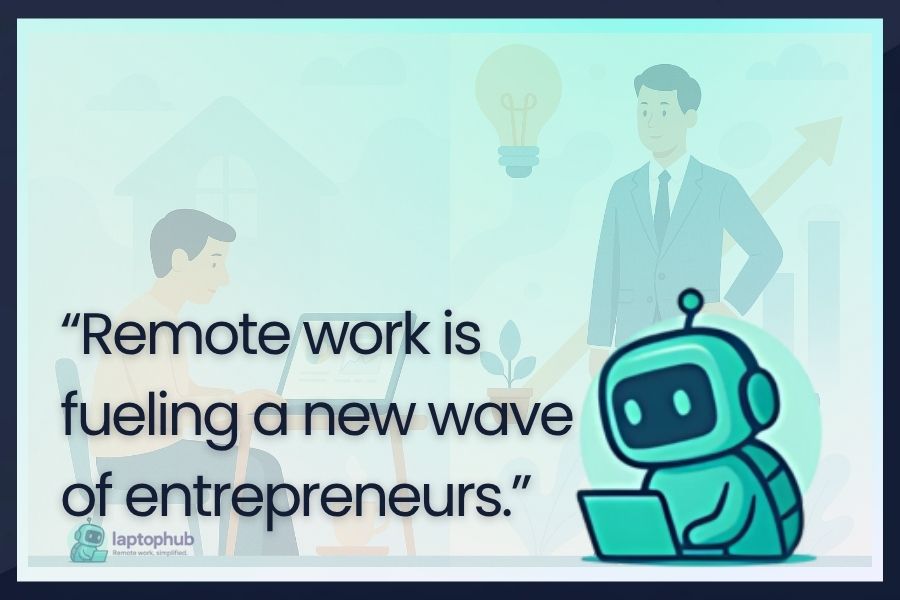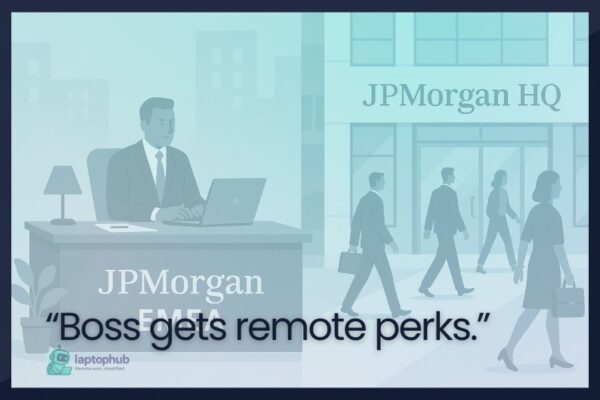A recent economic study is shedding light on one of remote work’s lesser-known effects: the rise of new entrepreneurs. According to researchers cited by The Register, employees at companies that embraced remote work during the pandemic were significantly more likely to start their own businesses afterward. This suggests that remote flexibility isn’t just changing the way we work—it’s reshaping who works for themselves.
The data analyzed employee transitions across hundreds of U.S. companies between 2020 and 2023. Firms that offered sustained remote options saw higher-than-average rates of startup formation among former employees. Economists point to several contributing factors: reduced daily structure, greater autonomy, and more time to explore personal projects.
Why remote work encourages entrepreneurship
Remote work environments often provide more mental space for creativity. Without constant supervision or the grind of a commute, individuals may find the bandwidth to test new ideas, take online courses, or validate business models on the side. This freedom allows more people to imagine and act on the idea of working for themselves.
Experts suggest that this environment cultivates soft skills like self-discipline, time management, and digital communication, all of which are vital for entrepreneurial success. These findings are particularly relevant in today’s labor market, where flexibility is a top demand across industries.
Implications for employers and policymakers
While some companies may view this as talent loss, others could see it as a sign of innovation readiness. Forward-thinking organizations might benefit from embracing this entrepreneurial energy through internal incubators, flexible project models, or alumni support programs.
For governments and policymakers, the trend reveals how remote work can play a strategic role in boosting small business ecosystems and local economies. Regions with better digital infrastructure and remote-friendly policies could see higher startup activity as a result.
The future of work—and business creation
As companies continue to define their post-pandemic norms, this study adds another compelling argument for hybrid and remote models. Not only can they attract top talent, but they may also foster the next wave of founders and innovators.
Read our editorial guidelines to learn how we report news on LaptopHub.





